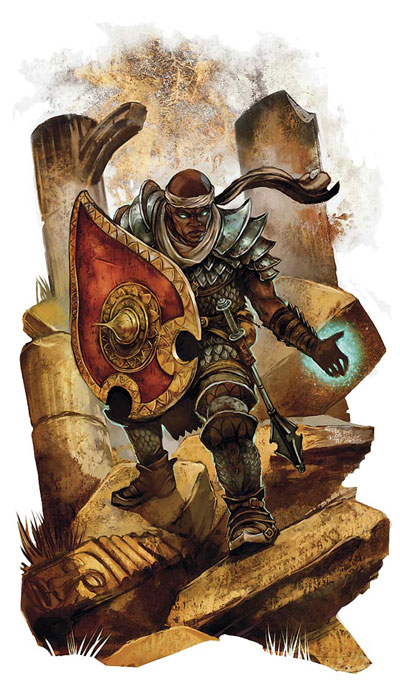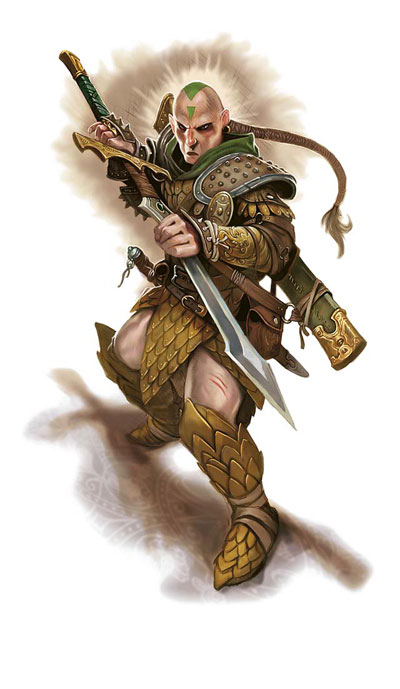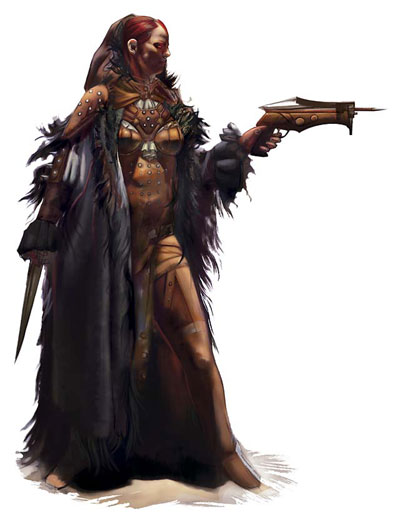Literally, two words is hardly support. But it is notable.
It lets the players know that options exist and the DM is the one to ask to find out.
Yet, if the DM is the one who determines what religious traditions exist in the setting, then Players Handbook has no business mentioning any religions at all.
The DM is the one who determines everything that is possible with the world. And I disagree with you entirely about the PHB having no business mentioning religions at all. The game sets up the defaults, but supplies ideas on how things to both the players and the DM.
By letting the players know that things can change, it gives them encouragement to ask the DM for such a change. Often DMs just go with the default and haven't considered other possibilities. If the player sees those words, he can say to the DM, "I would like to be a cleric of a cosmic force or philosophy or something. Often the DM will say yes. Sometimes he will say no.
All content relating to specific kinds of religions belong in the DMs Guide as part of DM worldbuilding.
No. This is false The game must set up defaults and then allow the DM to change them. A game that forces the DM to worldbuild from the ground up is one that will fail. A great many DMs have too much going on in their life to build that much.
Not in the Players Handbook. Even spells that imply cosmology like Astral Projection, Contact Other Plane, Planeshift, and so on, probably do better in the DMs Guide, in a list of cosmological spells.
And all races, because someone might be offended at elf, halfling or dragonborn. And all classes, because even "cleric" implies some sort of religion. Sorcerer and wizard imply magic, and that can be offensive to some people, too. Fighters imply violence, and many are offended by violence. Weapons imply violence, too.
In short, if we go with what people out there could and would be offended by, there is basically no PHB at all and the DM has to build everything and write up for the players what is in the game.
What has to be done is what they do. Set up the defaults and let people who would be offended at religions know that not all D&D games have them, so they can find a DM that fits their needs. Nothing more should be done on that front.







